If you follow Spanish politics, you’ll know that 2023 had scandals, surprises, regional elections, snap general elections, separatists taking centre stage and even violent protests that saw the far right take to the streets.
In short: Spanish politics really seemed to move up a gear last year. It comes as no surprise, then, that the FundéuRAE (Royal Spanish Academy Foundation) chose ‘polarisation’ as its word of the year for 2023.
So what’s in store for 2024? Will Spanish politics calm down after such an explosive year?
Here are the key political themes and events to look out for in 2024.
Polarisation
Spanish politics in 2024 seems ready to pick up where 2023 left off: polarised. Socialist (PSOE) Prime Minister Pedro Sánchez managed to stay in power following an incredibly controversial amnesty deal with Catalan separatists (more on that below), something that infuriated the Spanish right and even many older PSOE voters.
The polarisation seen in Spain in 2023 saw increasingly incendiary language (from both sides), rhetoric that has descended into accusations of dictatorship, treason, and fascism, and the far-right clashing with police.
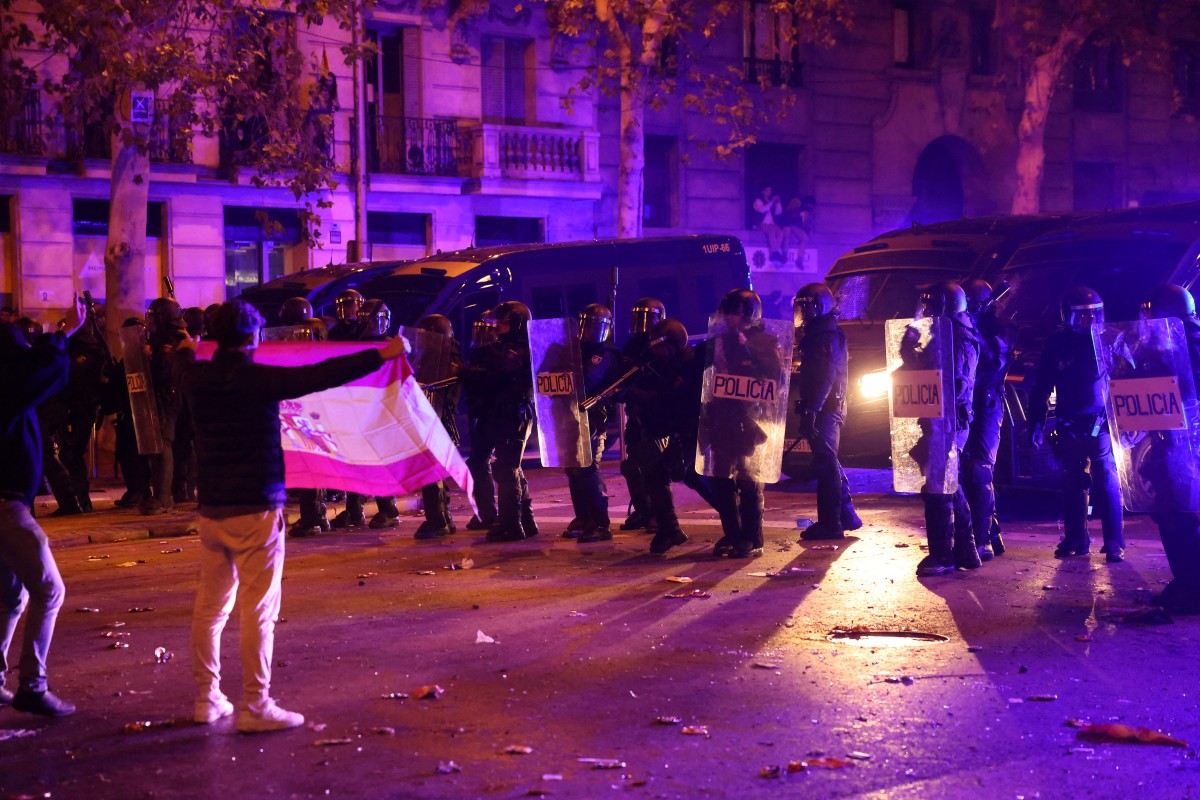
READ ALSO:
- Far-right Vox leads mass protests against Spain’s government
- IN IMAGES: Second night of far-right protests against Spain’s amnesty
On New Year’s Eve, crowds in Madrid hung an effigy of Sánchez, something that gives us an idea of the political temperature heading into 2024.
Amnesty approval
Much of the polarisation stems from Sánchez’s amnesty deal with Catalan separatists facing trial for their role in the failed independence bid in 2017.
The deal, which you can read all about here, is viewed by some as skilful political manoeuvring and by others as evidence of Sánchez’s moral bankruptcy and willingness to do anything to stay in power. It still needs to be formally approved, something that will happen in the first part of the year and will likely rekindle all the political controversy and protests in the streets.-
Return of Carles Puigdemont?
If you thought that the issue couldn’t get any more incendiary, the potential return of Carles Puigdemont, the former leader Catalan leader who led the failed referendum and fled the country, threatens to make it really explode.
Puigdemont, who would only risk a return to Spain if he had legal assurances from the Spanish government, has loomed over the amnesty deal and become something of a hate figure for the Spanish right.
READ ALSO:
- Who are the ‘thousands’ of people who could benefit from Spain’s amnesty?
- Carles Puigdemont, Spain’s separatist kingmaker
On many of the protests against Sánchez and the amnesty deal, signs, chants and effigies of Puigdemont were also common. If he were to return to Spain after seven years, his reintroduction to Spanish politics would be like throwing fuel on the fire.
Will Catalan separatists Junts keep backing Sánchez’s government?
But Puigdemont isn’t just important for his symbolism. His party, Junts per Catalunya, along with another Catalan separatist party (ERC) have emerged as political kingmakers at the national level and are effectively propping up the Sánchez government. Their support certainly won’t be unconditional.
Besides the polarisation between left and right, 2024 will also be an interesting year for internal politics of this informal (and unlikely) coalition. As we start the year, it seems fragile at best, and the Catalans know they will likely never have a better opportunity to get concessions from the Spanish state.
What demands will they make? Will the deal last? Could Junts stop supporting the government and send Spaniards back to the polls again?
Podemos-Sumar conflict
But the infighting doesn’t stop there. The parties to the left of Sánchez’s centre-left PSOE also enter the year stuck in bitter political fratricide, with the Yolanda Díaz (Spain’s popular Labour Minister) led Sumar effectively turfing out former darlings of the Spanish far-left Podemos.
After a series of policy blunders and growing unpopularity of the Podemos leadership (namely former Vice Prime Minister Pablo Iglesias and former Equalities Minister Irene Montero, who are also married) Díaz founded Sumar, entered coalition with PSOE and sidelined the Podemos bigwigs.
READ ALSO: PROFILE: Who is Spain’s hard-left election candidate Yolanda Díaz
Among all the other polarisation, the infighting on the Spanish left will be an interesting subplot in the coming year, and expect Podemos’ attacks to be focused mainly on Sumar rather than the Spanish right.
Will Feijóo survive the year?
2024 could also potentially see a change of leadership on the Spanish right. Following the PP and Vox gains in May’s local and regional elections, many had assumed that the Spanish right were destined for a return to government.
READ ALSO: Five key takeaways from Spain’s regional and local elections
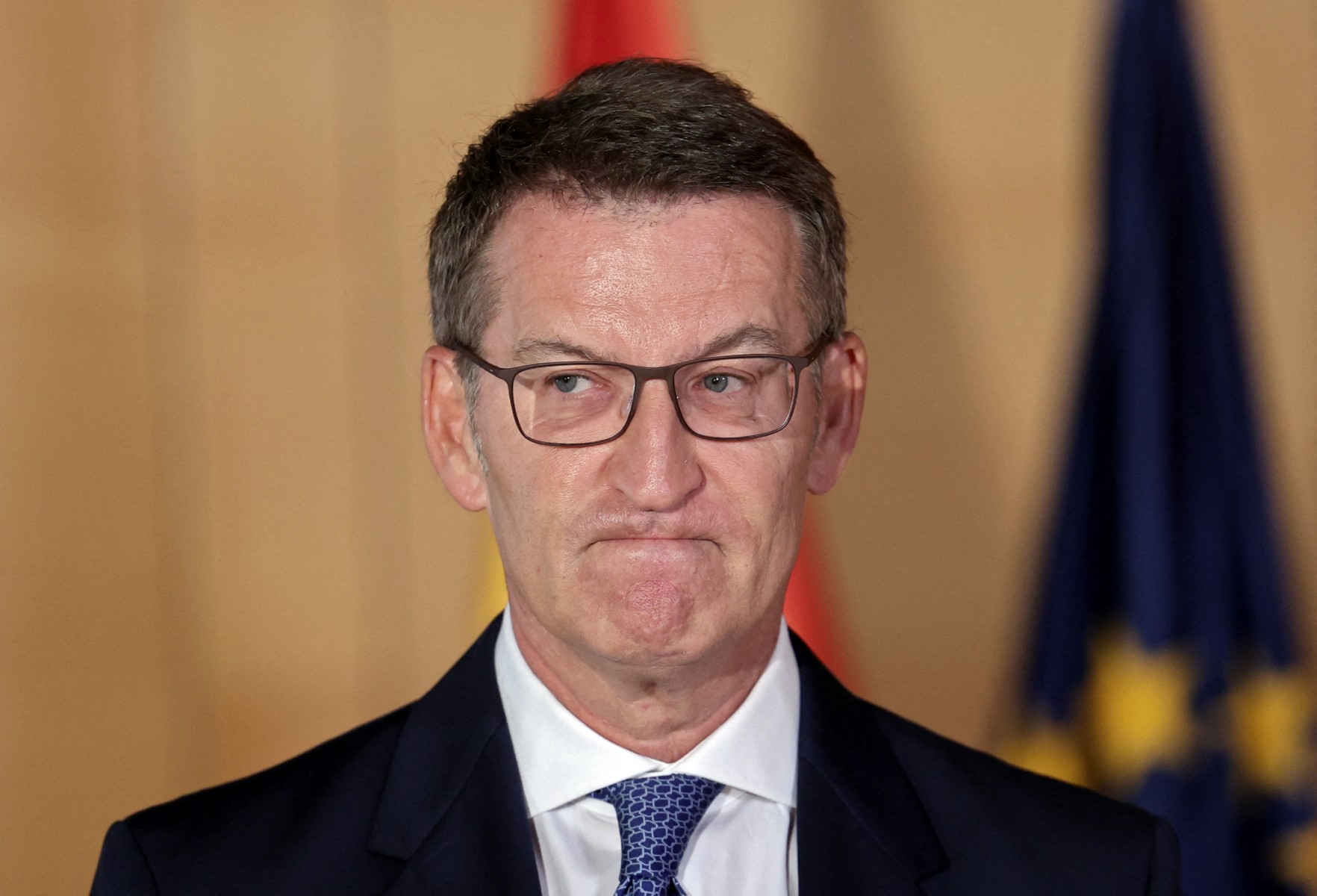
Yet Sánchez’s surprise snap election call wrong footed the PP leader, Alberto Núñez Feijóo, who failed to capitalise on the gains made across the country. The Galician is viewed by some in his party as cumbersome and uninspiring, and generally thought to have missed a bit of an open goal by not winning the general election.
Two people who are likely biding their time and you should keep an eye on in 2024: the President of Andalusia, Juanma Moreno, and Isabel Díaz Ayuso, the populist leader of the Madrid region. Both will be waiting for Feijóo to fall and mulling leadership challenges.
Regional elections
Though 2024 won’t see a general election (though you never know with Spanish politics) it will see some elections.
There will be regional polls in Galicia in February, and also in the Basque Country, though a final date has yet to be announced. As always, these elections will be viewed as litmus tests for politics more broadly: what do the results say about Sánchez? What do they say about the Feijóo? What do they mean for the government?
European elections
Similarly, there are also European elections in June. As with the regional votes, the results will be analysed and extrapolated for wider political meaning, and as ousted Equalities Minister Irene Montero is set to run, there’ll also likely be a flare up of the infighting on the Spanish far-left around this time.
2024 budget
One of the most pressing issues for the government moving into the New Year is passing the budget.
Minister of Finance, María Jesús Montero, is aiming to get it passed sometime in the first quarter of 2024, and will increase spending and maintain the deficit.
Judicial gridlock
Spain’s General Council of the Judiciary (CGPJ) also needs to be renewed. Its mandate expired five years ago but the PP have stalled on renewing it in order to maintain what is perceived to be a conservative majority.
Amid the backdrop of political polarisation, this may prove tricky. A word to look out for in 2024: lawfare.
READ ALSO: What has ‘lawfare’ got to do with Spain’s amnesty and why is it controversial?

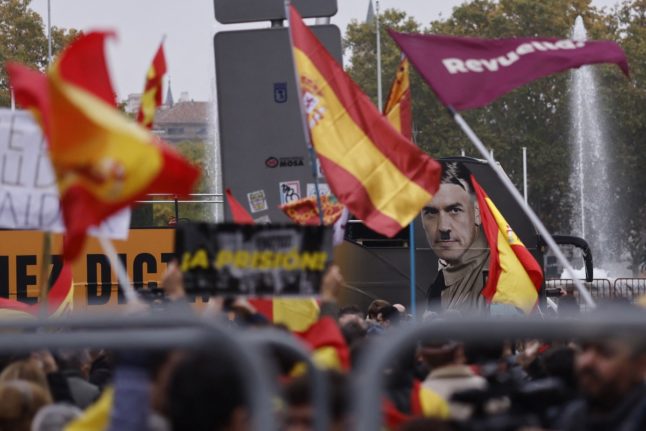
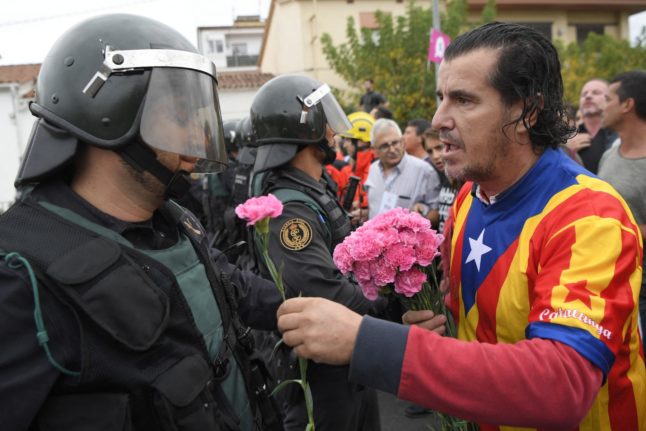
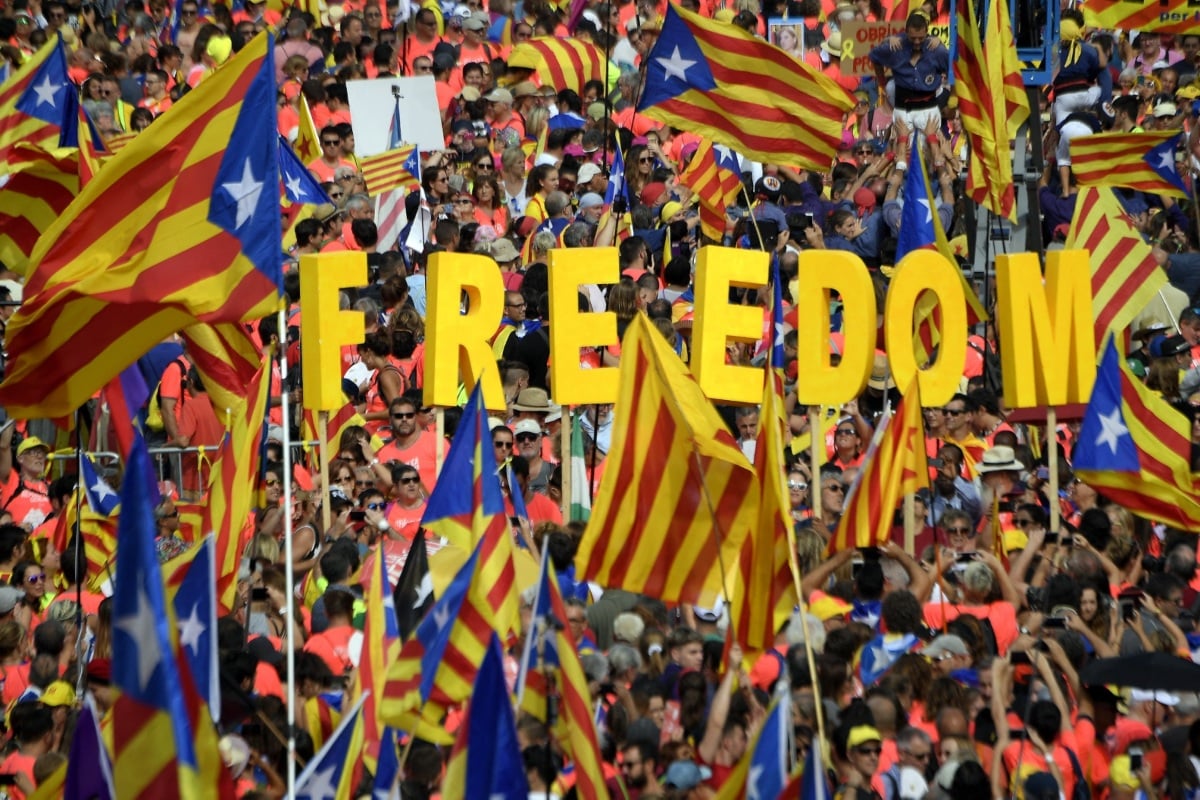
 Please whitelist us to continue reading.
Please whitelist us to continue reading.
Member comments